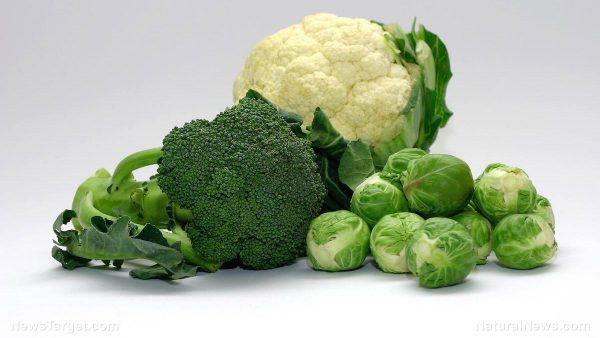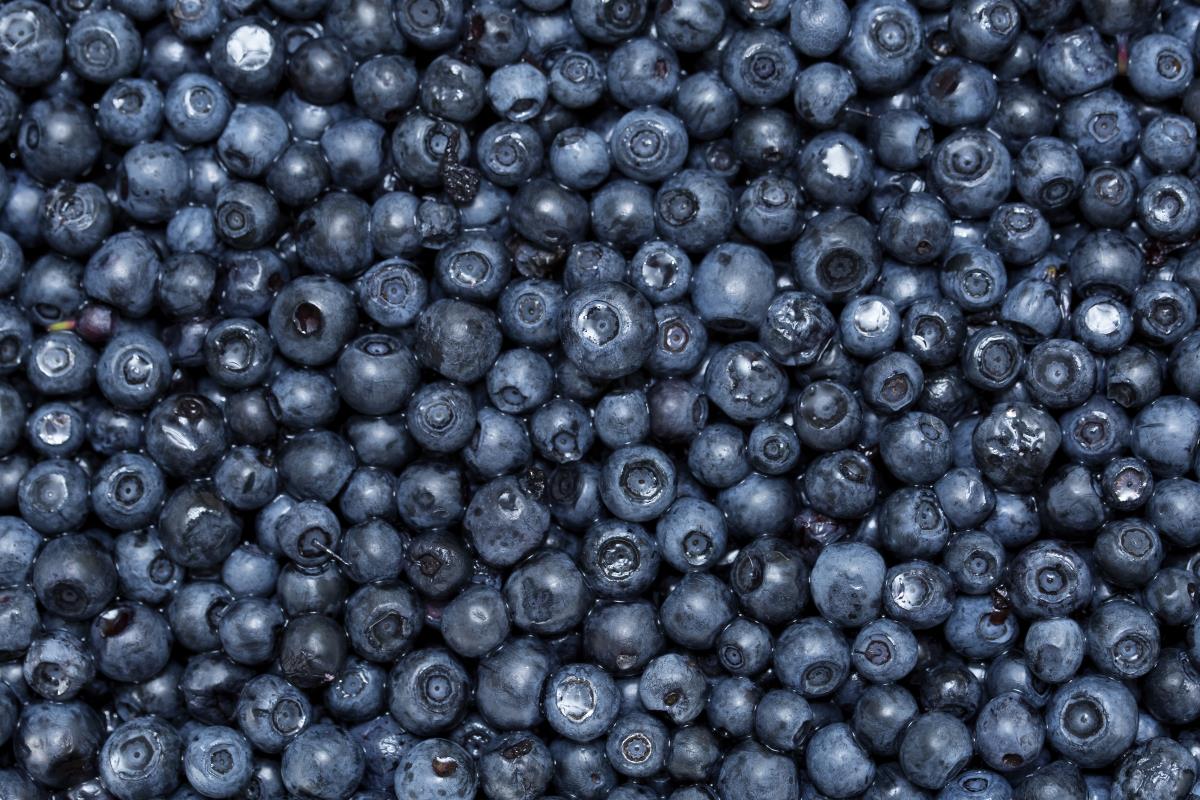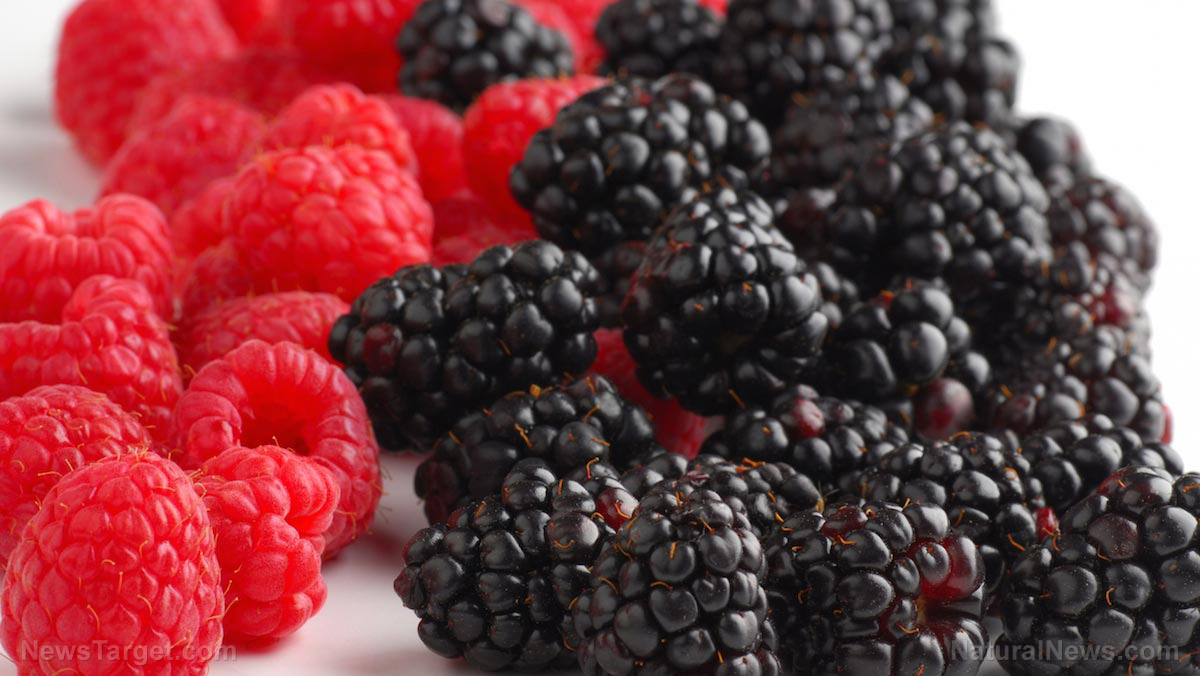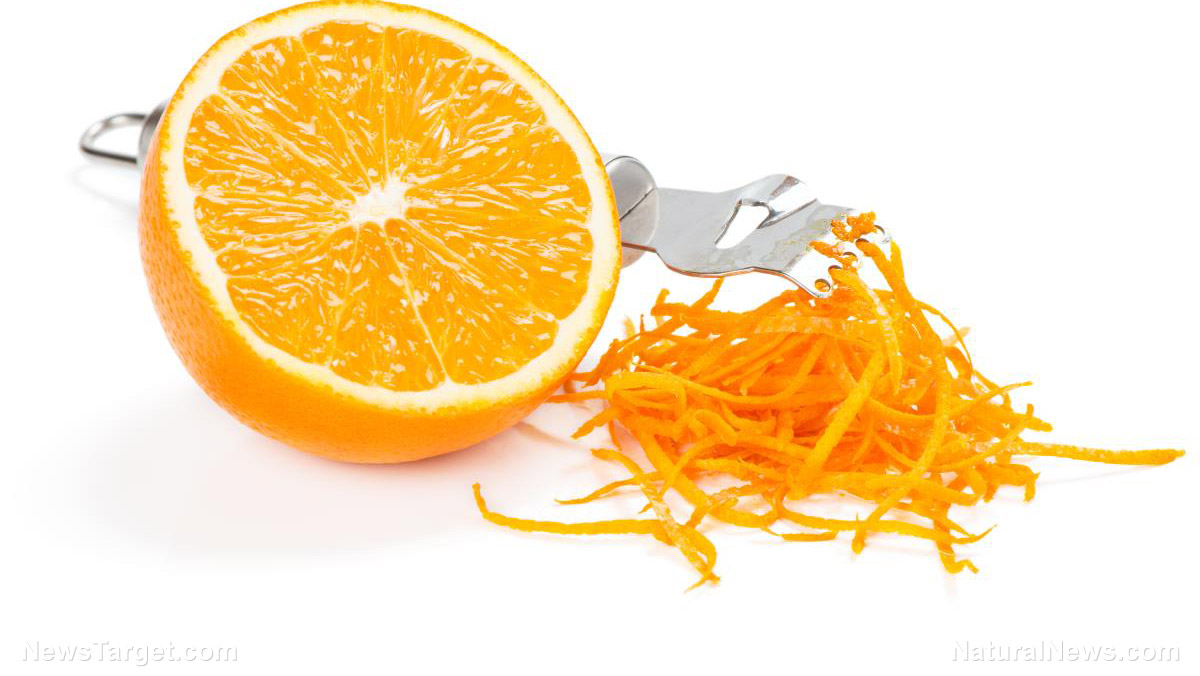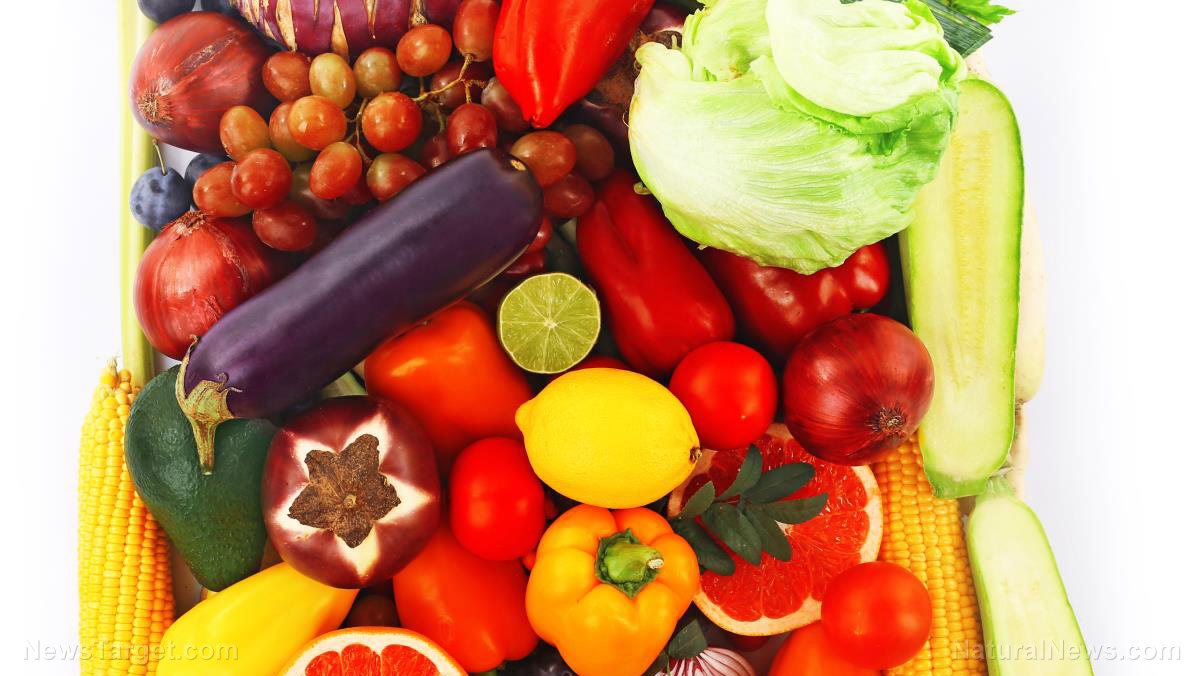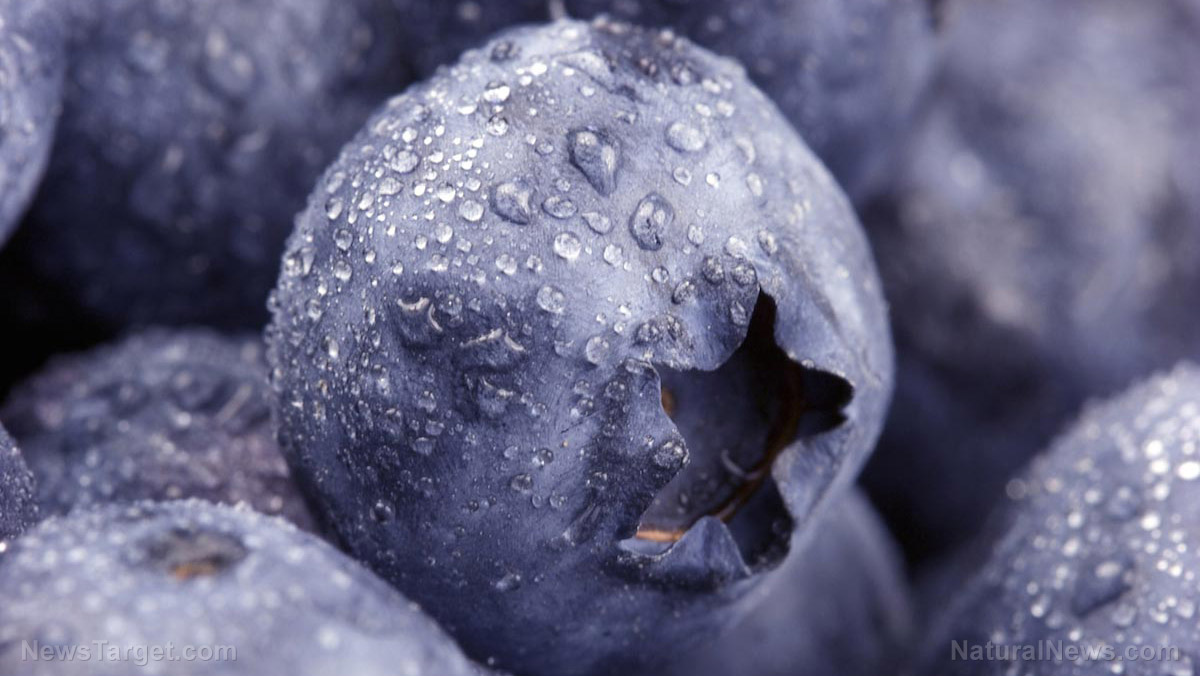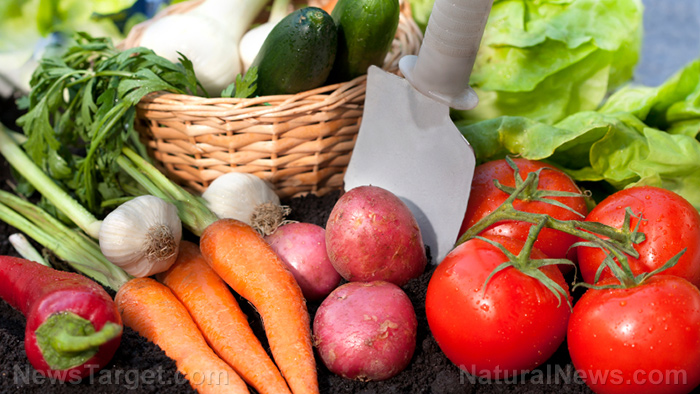05/10/2018 / By Janine Acero
It’s common knowledge that fruits (and vegetables) promote overall health. However, for certain people, such as those with Type 2 diabetes, some of these foods may aggravate their condition. It is important to choose which ones can give them the proper nutrition without worrying about raising their blood sugar levels too much.
One study involving over 45,000 participants in the Singapore Chinese Health Study reported that certain types of fruits decreased the risk of developing Type 2 diabetes, while some types increased the risk, dietary and lifestyle factors notwithstanding.
The participants, aged between 45 to 74 years, and had no diabetes, cancer or cardiovascular disease upon recruitment (1993 to 1998), answered a validated food-frequency questionnaire in order to assess their fruit intake.
The researchers then conducted follow-up interviews with the participants – one in 1991 to 2004, and one in 2006 to 2010 – and found that over 5,000 of the participants developed Type 2 diabetes during these follow-up periods. The research team found that total fruit consumption was not consistently associated with lower risk for Type 2 diabetes.
The results of the follow-up interviews showed that the consumption of high-glycemic index fruits such as bananas put men at greater risk of developing Type 2 diabetes, whereas consumption of low-glycemic index fruits such as apples lowered the risk for women.
The researchers concluded that the impact of fruit consumption on the risk of diabetes may differ by the type of fruits, depending on their glycemic impact or phytochemical content.
Best fruits for diabetics
The glycemic index (GI) is a way of quantifying the effect of foods on an individual’s blood glucose level. The GI has numbers which range from 0 to 100 (100 represents pure glucose) – these numbers represent a rise in blood sugar levels two hours after meals. For diabetics, this is a way to determine which foods are high on the GI so they can avoid them and prevent spikes in their blood sugar levels. Fruits that are high on the GI include:
- Bananas – The GI number for bananas is 51, but it may change according to how ripe they are. Overripe bananas are high in sugar content, and this can push them into the high GI category.
- Pineapple – Pineapples have a GI number of 66, which puts them in the upper end of the medium spectrum. Fresh pineapple can differ significantly from canned pineapple that’s soaked in sugary syrup.
- Watermelon – Watermelons are in the high category, with a GI number of 72.
The following are just some of the fruits that make for great additions to a diabetes-friendly meal plan. (Related: Top 6 Fruits for Diabetics.)
- Berries such as blueberries and strawberries are rich in antioxidants, vitamins, and fiber. Moreover, they are low-GI, which makes them excellent snacks for diabetics.
- Tart cherries are low-GI fruits and are especially good at fighting inflammation.They are also packed with antioxidants, which may help fight heart disease, cancer, and other diseases.
- Peaches contain vitamins A and C, potassium, and fiber. For an easy diabetes-friendly snack, whip up a quick smoothie by pureeing peach slices with low-fat buttermilk, crushed ice, and a touch of cinnamon or ginger.
- Apricots can provide more than 50 percent of daily vitamin A requirement, and are great sources of fiber.
- Citrus fruits like oranges are low-GI choices. Oranges also contain folate and potassium, which may help normalize blood pressure.
Head over to Fruits.news to learn more about the types of fruit to avoid and the ones to eat for diabetics.
Sources include:
NCBI.NLM.NIH.gov
EverydayHealth.com
CureJoy.com



